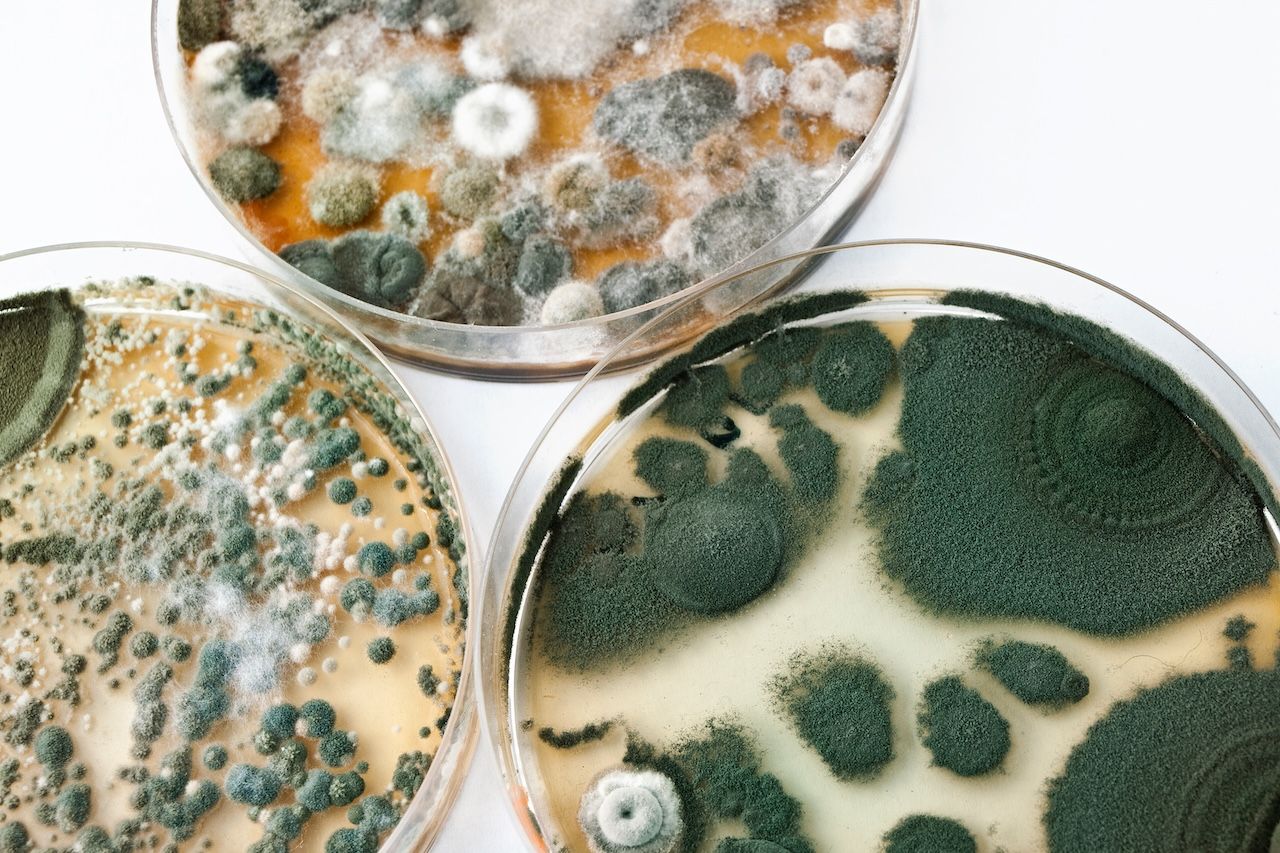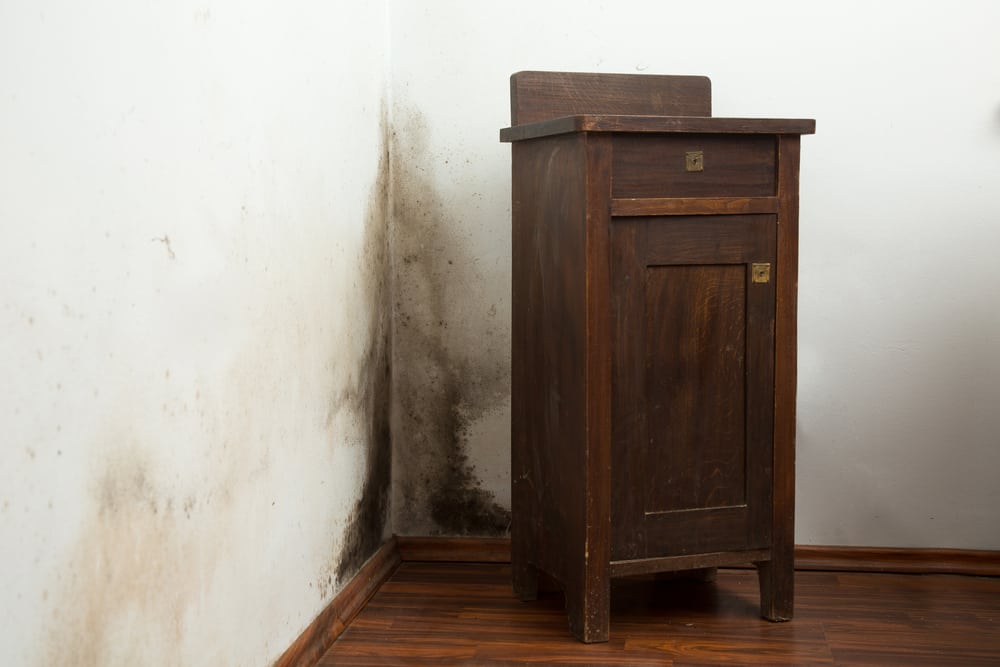Buying a home is a dream for many, but what if that ideal residence comes with an uninvited tenant? Yes, we’re referring to the presence of mold. This pervasive problem plagues numerous households across the United States, lurking in dark, damp spaces, poised to make a surprise appearance. The question arises: should you buy a house with mold? This concern becomes especially pressing considering the fast pace at which mold can grow and manifest in a property.
This comprehensive blog post aims to arm you, the home buyer, with all the information you’ll need for a decision. We’ll delve deep into the dangers of purchasing a house with mold, guide you through essential actions if you’re considering such a property, and offer insights on how it can affect obtaining a mortgage.
Purchasing a House with Mold: Understanding the Problems
Mold is an inevitable part of any building due to its ability to spread mold spores within 24 to 48 hours in warm, moist conditions. Though common in homes, there are situations where mold goes from being a minor presence to a significant health hazard and financial burden. The most common types of mold found in homes are black, white, and green molds. Black mold can be some of the most dangerous type since it releases toxins that can cause severe respiratory issues and even death in extreme cases.

The Dangers of Mold Growth
Mold exposure can trigger various health related problems, ranging from mild allergic reactions to severe respiratory issues. Individuals with weakened immune systems, such as infants and older people, and those under a physician’s care can be particularly susceptible to mold-related health complications.
Besides posing a threat to human health, mold growth can also wreak havoc on a property’s structural integrity. It feeds on organic materials like wood and drywall, causing them to deteriorate over time. This can lead to significant structural damage and decrease the property’s value.
Additionally, there are several other reasons why you should think twice before buying a house with mold:
1. The Many Faces of Mold Infestation
Not all molds are created equal; in fact, there are over 100,000 varieties, with numerous species thriving indoors. While some molds pose no harm, others can be highly toxic. Detecting these differences can be challenging, particularly since mold often flourishes in inaccessible areas. Conventional home inspections might overlook these subtleties, underscoring the importance of a professional mold inspection before purchasing a property.
2. The Dangers of Mold in HVAC Systems
If mold infiltrates your HVAC system, it can spread spores throughout your home, polluting the air by aerosolizing particles that are respirable, increasing health risks. Inhaling these spores can lead to respiratory complications, highlighting the need for thorough inspections of air ducts when considering a home purchase.
3. Mold is an Eyesore
Mold’s appearance can mar the aesthetics of a home with its unsightly and diverse range of colors. Even more concerning is its resilience; mold stains often withstand extensive cleaning efforts, occasionally seeping through newly applied paint layers.
4. Health Risks Abound
Mold exposure is linked to many health conditions, such as asthma, respiratory infections, and allergic reactions. Particularly vulnerable are populations such as children and individuals with compromised immune systems, who are at heightened risk due to mold exposure.
5. Expensive Remediation
Addressing mold issues in a home isn’t just physically taxing; it’s also a financial strain. The remediation process is extensive and costly, typically requiring professional services, potential structural repairs, and sometimes incurring medical expenses due to associated health complications.

Mold and Obtaining a Mortgage
Can a house with mold impact the process of securing a mortgage? It certainly can. Lenders are wary of risks, and a property contaminated with mold presents a substantial one. Mold issues suggest possible structural deterioration and future financial obligations, which could affect the property’s appraisal and, subsequently, the loan terms. Furthermore, lenders may mandate a thorough mold inspection and remediation prior to mortgage approval. In severe instances, they may even reject the loan application altogether.
Making an Informed Decision
So, you’ve found your perfect home, but it’s got a mold problem. What now? Should you walk away, or is it something you can handle? Here’s what to do:
- Get a Mold Inspection. Hiring a professional mold inspector to conduct a thorough property assessment offers invaluable insight into the scope of the problem. With specialized expertise, the mold inspector can provide informed guidance regarding potential risks and associated expenses.
- Consider the Location. Certain regions are predisposed to mold proliferation, particularly those with elevated humidity levels. Before making any decisions, do some research about the area.
- Negotiate Remediation. If you’re still interested in the property, consider negotiating the mold remediation cost with the seller.
- Assess the Health Implications. Evaluate whether the type of mold growth identified poses a substantial health hazard to yourself or your family members. A mold inspection can help with this.
- Review Financial Ramifications. Consider the costs of mold remediation versus the home’s value. Remember, some lender terms might change based on this issue. A home inspection can help with your decision.
- Consult Your Real Estate Agent. A knowledgeable real estate agent can help you navigate the complexities of purchasing a home with mold and provide valuable insight.
- Consider Future Mold Prevention. If you proceed with the purchase, implement mold prevention measures as a future precaution. This includes regular inspections and maintaining proper ventilation in moisture-prone areas and fixing moisture sources in a timely manner. Regular routine maintenance is important, and goes a long way to maintaining insurance coverage from sudden breaks that may occur. This should include checking for leaks in the roof, under sinks, appliances such as dishwasher, ice maker, washing machine, and water hookups for sinks, toilets, and faucets. Condensation on windows can be an indication of high humidity in the home. When this is present, dehumidification may be necessary to reduce the moisture load within the home or building.

Acquiring a house with mold demands careful consideration. While it may seem like a minor problem at first glance, the potential health risks and financial implications can be significant. Thoroughly evaluating the situation, seeking expert advice, and making a well-informed decision are imperative steps before purchasing such a property.
Need Mold Remediation Services? Call PuroClean of Harrisburg Today!
Contact PuroClean of Harrisburg for reliable and efficient assistance if you need mold remediation services. Our team of experts is equipped to handle mold issues and restore your home to a safe and healthy living space. As the “Paramedics of Property Damage™,” we are available 24 hours a day, seven days a week. Please call us at (717) 210-0155.




 PuroClean of Harrisburg
PuroClean of Harrisburg